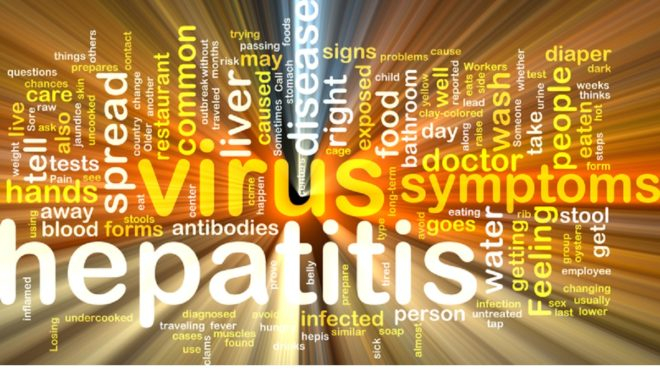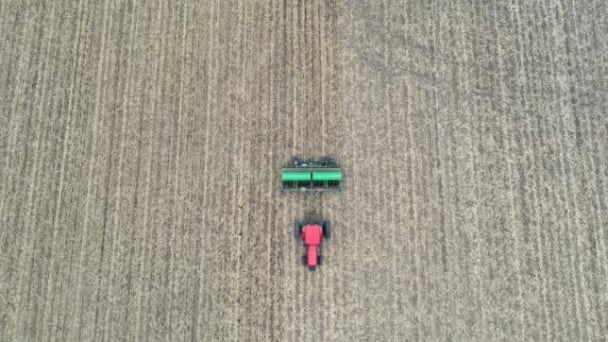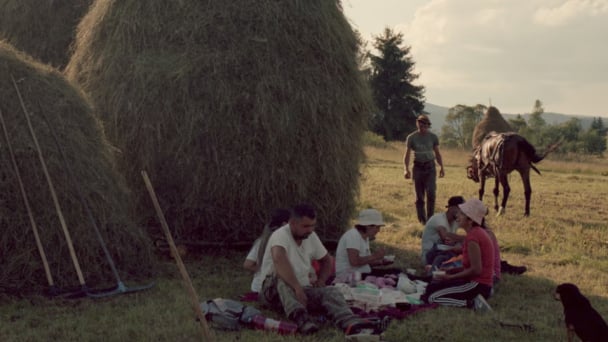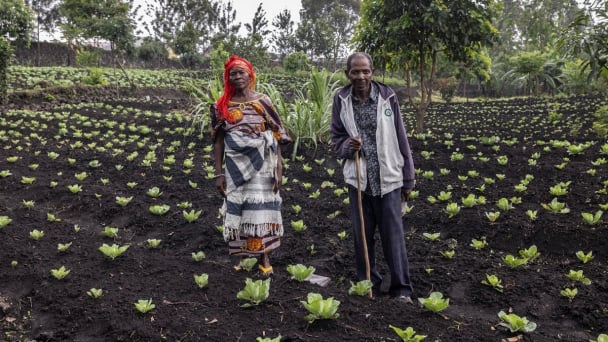April 14, 2025 | 10:39 GMT +7
April 14, 2025 | 10:39 GMT +7
Hotline: 0913.378.918
April 14, 2025 | 10:39 GMT +7
Hotline: 0913.378.918

The report focuses on microorganisms that may pose health risks to consumers through food products when not adequately controlled at the point in the supply chain where water is reused.
They are also asking governments, industry, academia, consumer groups, laboratories, and other interested organizations and individuals to submit relevant data and information.
The Codex Alimentarius Commission has guidelines on how to prevent or minimize the presence of viruses in food, with an emphasis on hepatitis A and norovirus. The guide covers all foods, with a focus on ready-to-eat items, from primary production through to consumption. It also contains an annex on the control of hepatitis A virus and norovirus in bivalve mollusks and another on hepatitis A and norovirus in fresh produce.
In 2022, the Codex Committee on Food Hygiene asked the Joint FAO/WHO Expert Meeting on Microbiological Risk Assessment (JEMRA) to provide scientific advice to inform a review of the guidelines.
An update is likely going to expand the scope to address other viruses and emerging vehicles of foodborne illnesses such as frozen fruits.
Experts will look at prevention and intervention steps focusing on process-specific control systems, surface disinfection as well as hand disinfection, and food handler hygiene. They will also assess information on the testing of products for foodborne viruses.
A review of expert applications will begin in April 2023 and continue until enough suitable candidates are identified.
Data is also wanted to assess the need to update or create new risk assessment models and tools. It will be used to develop scientific advice which will help guide Codex discussions.
Information on sampling plans and testing methods for monitoring viruses and foodborne outbreaks and surveillance is requested. It can be submitted until Aug. 31, 2023. To apply to be an expert or submit data follow this link.
Use of water in the dairy industry
Meanwhile, JEMRA has provided advice on the safe use and reuse of water in the dairy sector, where it is used during production and for cleaning and disinfection.
The report focuses on microorganisms that may pose health risks to consumers through food products when not adequately controlled at the point in the supply chain where water is reused. It also presents case studies for different water reuse scenarios.
Food businesses need to tailor each water reuse scenario to the specific conditions involved, taking into account factors such as the purpose of water reuse, available sources of reusable water, the reuse water generation system and underlying processes, storage and shelf-life of reuse water supplies, the approach to managing reuse water generation and application, and the skills and expertise available to manage the implemented water reuse scenario at the operational scale.
If using external resources, experts recommended that the water reuse scenario is designed and implemented in close cooperation between the company and outside party.
The report noted gaps in knowledge including understanding of the types and levels of microbial hazards in reusable water and the ability to assess the effectiveness of technologies to make water safe.
Experts urged the sharing of data, expertise, and experience concerning monitoring and verification approaches, selection of microbiological parameters, and best practices for trend analysis by industry.
(FSN)

(VAN) Tariffs are making life more expensive for John Pihl. He's been farming in Northern Illinois for more than 50 years.

(VAN) European and American farmer organisations are concerned about the import tariffs that the United States introduced on 9 April for products from the European Union. This makes them 20% more expensive.

(VAN) Global poultry trade is expected to remain strong amid relatively tight global protein supply and growing consumption, RaboResearch concludes in its latest animal protein report.

(VAN) Traditional methods benefit hundreds of species but as new agricultural techniques take over, the distinctive haystacks mark a vanishing way of life.

(VAN) The nation’s top banks are quietly advising their clients on how to build a financial life raft - or perhaps life yacht - from the wreckage of runaway climate change.

(VAN) From FAO Office in the Democratic Republic of the Congo.

(VAN) Corn prices in the Campinas region have surged past 90 reais ($15.80) per 60-kg bag, the highest nominal level in nearly three years, marking a more than 23% jump year-to-date, according to the widely followed Cepea index from the University of Sao Paulo.